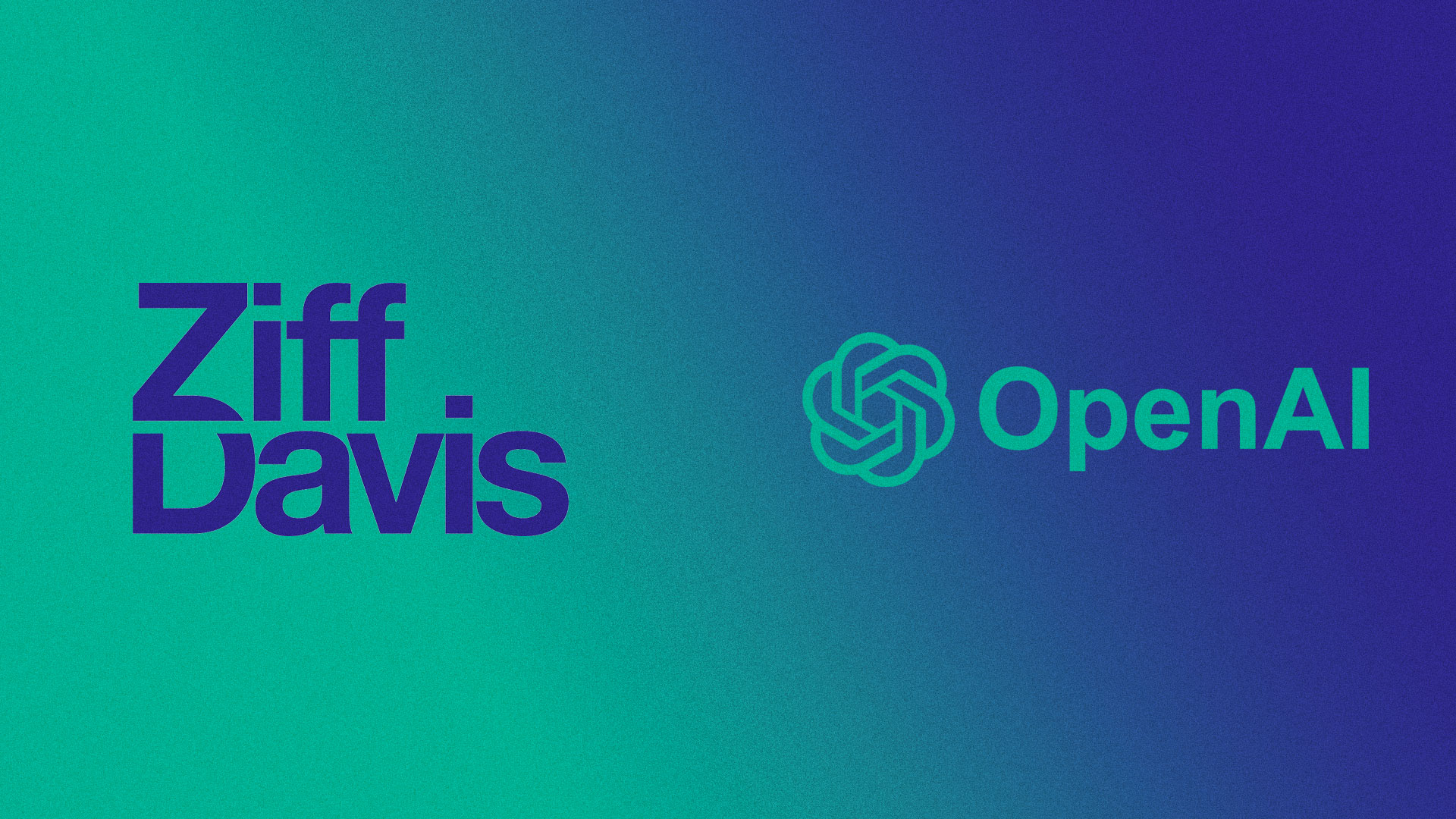Ziff Davis Initiates Legal Action Against OpenAI for Alleged Content Theft

Ziff Davis Takes Legal Action Against OpenAI
Ziff Davis, a prominent media company with ownership of several well-known websites such as IGN, Eurogamer, and Mashable, has initiated a lawsuit against OpenAI. They allege that the artificial intelligence company is infringing upon their copyrights and diluting their trademarks. This claim has garnered attention, especially with the rising discussions surrounding AI technologies and their implications for content creation.
Nature of the Lawsuit
The lawsuit was filed in Delaware, which is also where OpenAI is registered. Ziff Davis states in their claim that OpenAI has "intentionally and relentlessly reproduced exact copies and created derivatives of Ziff Davis works." They argue that OpenAI is aware of these actions violating their intellectual property rights and, therefore, breaking the law.
According to reports from the New York Times, Ziff Davis is seeking hundreds of millions of dollars in damages. This indicates the severity of their stance on the issue, as they believe their operations and revenue are being undermined by OpenAI’s practices.
OpenAI’s Perspective
In response to the allegations, OpenAI has maintained that the models, including those used for ChatGPT, rely on principles of "fair use." This defense hinges on the idea that the usage of content through AI falls within legal boundaries designed to facilitate creativity and knowledge-sharing.
The Broader Impact of AI on Content Creators
The emergence of AI technologies has stirred considerable debate within the gaming and media industries. Many websites derive significant revenue from game-related guides and articles. If AI systems are scraping this content and providing users with information more efficiently, it raises important questions about the future of these media outlets.
- Potential Repercussions for Game Sites:
- Reduced traffic to original content, as users may prefer quicker AI-generated answers.
- Loss of revenue as advertisement views decline alongside visitor numbers.
- The challenge of maintaining a distinct voice and brand identity amidst a flood of AI-generated content.
Previous Legal Precedents
This isn’t the first time OpenAI has found itself in legal hot water. The New York Times has also filed a lawsuit against OpenAI and its partner Microsoft, similar to that of Ziff Davis, citing infringement on their intellectual property. This trend highlights a growing concern among traditional media companies regarding AI’s impact on their business models.
Community Reaction
Public sentiment around this issue varies widely. Some argue that the use of AI is beneficial, promoting innovation and broad access to information. Others express concern that it undermines the efforts of original content creators, potentially harming their businesses.
As discussions continue on platforms like the XboxEra Forums and the Community Discord, there’s a bright spotlight on the ethical dimensions of AI usage in media sectors. Participants in these conversations reflect a balance of support for technological progress against the backdrop of protecting intellectual property rights.
Key Takeaways
- Ziff Davis is suing OpenAI over copyright infringement, claiming their works have been reproduced without permission.
- OpenAI defends its actions as fair use, but the legal outcome remains uncertain.
- The lawsuit could have wide-reaching implications for content creators across various industries, beckoning a reevaluation of how AI interacts with intellectual property rights.
The ongoing dialogue between traditional media and technology companies will likely shape the future landscape of content creation, distribution, and consumption.






